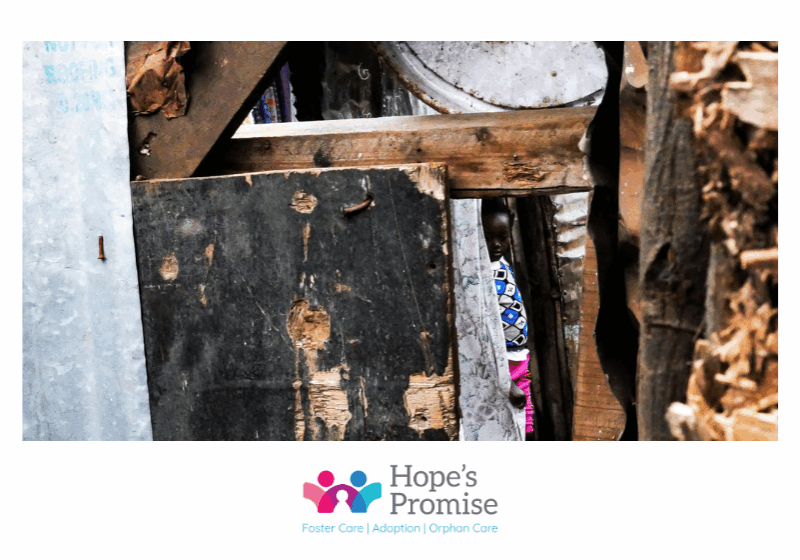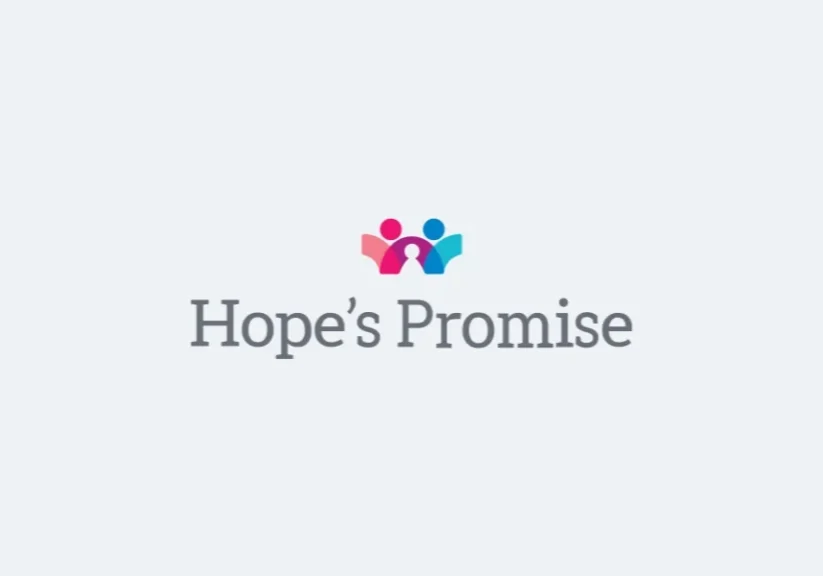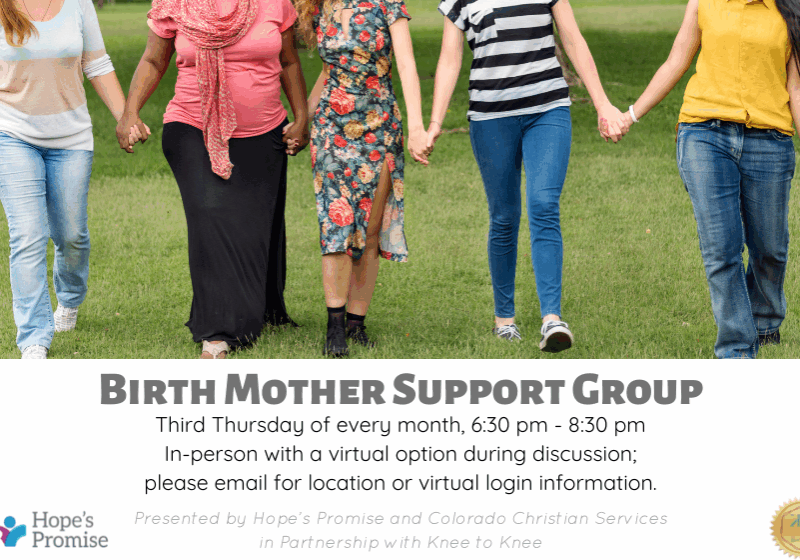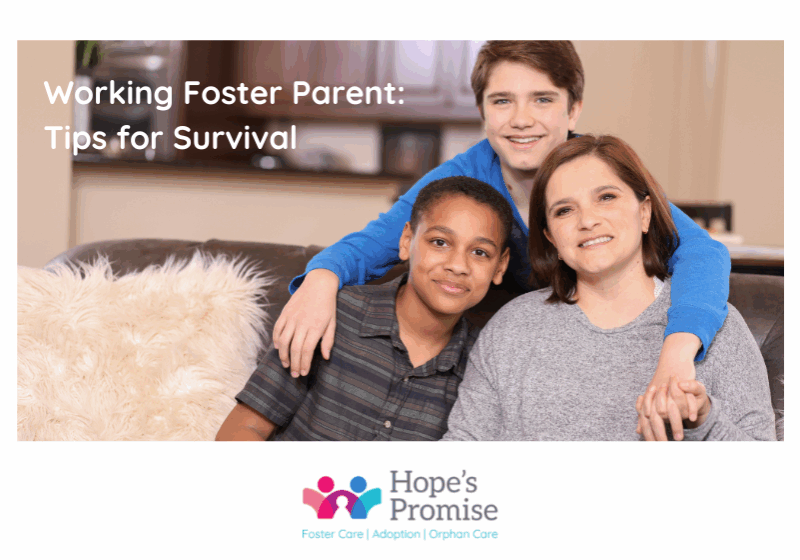Latest News
Seeing Beauty Despite the Bad
A REFLECTION ON THE LESSONS LEARNED DURING A CONNECTION TEAM TRIP TO KENYA. By Keenan Morgan While walking through the Mathare Valley slum in Nairobi, we would...
What You Should Know About the Adoption Tax Credit
With Tax Day less than a week away (April 18th) it's important for adoptive parents to know about the Adoption Tax Credit. Our Friends at the National...
A Lifetime of Healing: Caring for Birth Moms
At Hope’s Promise, we never stop caring for birth moms. Once a birth mother has placed with an adoptive family, we believe in providing continuing opportunities for...
Working Foster Parent: Tips for Survival
Shared blog by FosterMama At Hope's Promise, we want to provide our amazing foster parents (and potential foster parents) with as many resources as possible so that...
Hope and Transformation in Vietnam
by Colleen Briggs, Hope's Promise Director of Orphan Care The Vietnam Country Coordinator tells our team that we will visit a village in the mountains where two...





